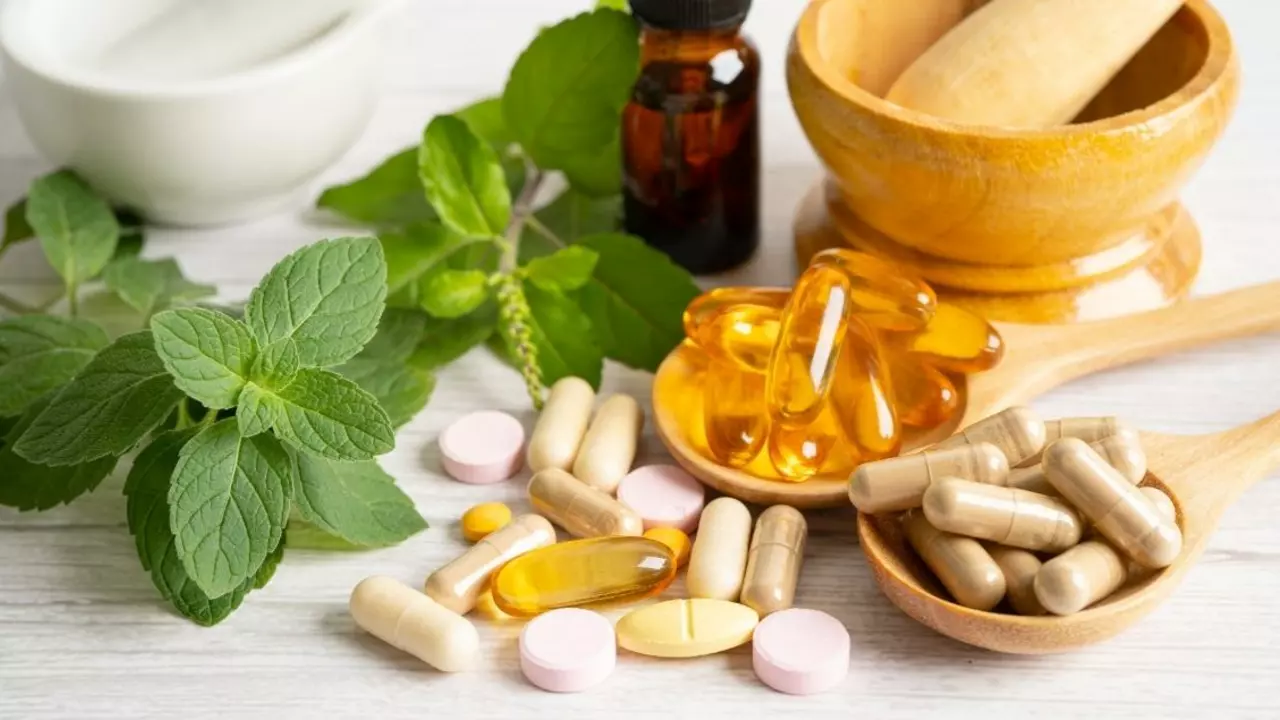Herbal medicine: practical, safe use and what to watch for
Herbal medicine is the use of plants or plant extracts to help treat or ease symptoms. Want relief without a prescription? Herbs can work, but they are not risk free. This page shows what herbs can help, how to choose products, and how to use them safely with prescription drugs.
Common herbs many people try include: ginger for nausea, peppermint for digestion, turmeric for inflammation, valerian for sleep, and St. John’s wort for mood. Each herb has a main use and common dosage ranges, but quality varies a lot between brands.
Herbs can interact with prescription medicines. For example, St. John’s wort can reduce effectiveness of birth control and some heart drugs. Garlic and ginkgo may increase bleeding risk if you take blood thinners. Tell your doctor or pharmacist about all herbs you use.
When buying herbal supplements online, pick trusted sellers. Check for third party testing, clear ingredient lists, and batch numbers. Avoid products that promise miracle cures or hide doses. Read reviews but watch for fake feedback.
Start with the lowest effective dose and try one herb at a time. That makes it easier to spot benefits or side effects. If a herb makes you feel worse, stop and talk to a clinician. Pregnant or breastfeeding? Avoid many herbs unless your provider approves.
Herbs come as teas, capsules, tinctures, creams, or whole dried plants. Teas act fast but wear off sooner. Capsules give steady doses. Tinctures are concentrated; follow the dropper. Store herbs in a cool dry place away from light.
Herbal medicine works best with simple habits: good sleep, balanced diet, and regular movement. Some herbs have strong clinical data, like ginger for nausea or peppermint for IBS. Others rely on traditional use. Check credible sources or ask a pharmacist for evidence.
If symptoms are severe or don’t improve in a week or two, see a doctor. Herbs can mask symptoms or delay needed care. Emergency warning signs include high fever, severe pain, heavy bleeding, or breathing trouble. Keep anyone who cares for you informed about herbs you use.
At NorthwestPharmacy.SU we cover herbs and how they fit with prescription care. Check our articles for specific herb guides and safety tips. Questions about an herb and your medication? Contact our pharmacists for practical advice.
How to read labels and what to avoid
Labels can hide extras like fillers or added vitamins. Look for the Latin name and standardized extract percentage when possible. Avoid propriety blends that don’t list amounts. If a bottle lacks a batch number or manufacturer contact, skip it. Third party seals like USP or NSF are a plus but not foolproof.
Common herb interactions to know
Some interactions are fast and dangerous. Don’t mix St. John’s wort with antidepressants or birth control. Avoid taking ginkgo, garlic, or high dose fish oil with warfarin or other blood thinners. Licorice in high amounts can raise blood pressure and lower potassium when combined with diuretics. Always check with your doctor before adding herbs if you take heart, blood, seizure, or cancer medicines.
Start small, stay curious, and keep safety first.

Spiny Restharrow: The Natural Dietary Supplement You Need to Try Today
On my journey to discover natural dietary supplements, I recently came across Spiny Restharrow. This plant, known for its numerous health benefits, is something you should consider incorporating into your daily routine. From aiding digestion to boosting immunity, Spiny Restharrow has been used in traditional medicines for years. It's easy to use and can be a great addition to your diet. Check it out and you might be pleasantly surprised at what this humble plant has to offer.
Read More